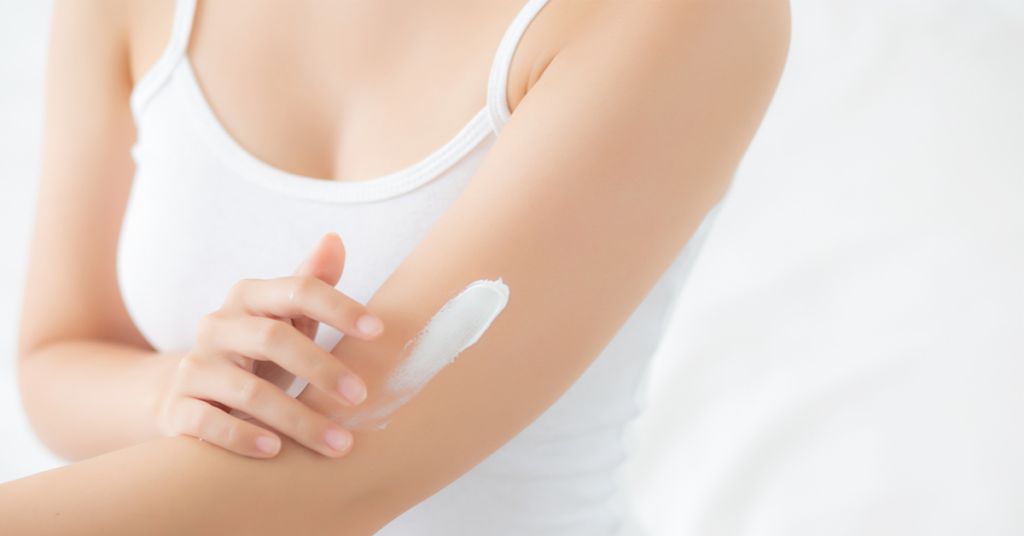Atopic Dermatitis, commonly known as eczema, is a chronic inflammatory skin condition that not only causes physical discomfort but also imposes a substantial emotional burden due to its relentless itchiness, redness, and flakiness. Despite its global prevalence, the condition remains shrouded in a cloud of misconceptions. This article addresses some of these common myths about Atopic Dermatitis, offering a more accurate understanding of the condition and practical strategies for managing the ailment.
1) Atopic Dermatitis is just a childhood condition
While it is true that many individuals develop Atopic Dermatitis during childhood, assuming that it vanishes as one grows older is far from accurate. In reality, Atopic Dermatitis can persist into adulthood and even emerge for the first time in grown-ups. This condition often follows a fluctuating pattern, marked by periods of remission and sudden flare-ups, making it a lifelong challenge for many.
The idea that Atopic Dermatitis is solely a childhood condition can have several consequences. It can lead to a lack of awareness and understanding among adults who develop the condition later in life. Furthermore, adult sufferers might feel isolated, thinking they are an exception rather than the norm. Recognising this can promote early diagnosis and the adoption of suitable eczema treatment for adults grappling with Atopic Dermatitis symptoms.
2) Atopic Dermatitis is simply a skin problem
Atopic Dermatitis is primarily recognised as a skin condition, but labelling it as merely a “skin problem” oversimplifies its intricate nature. At its core, Atopic Dermatitis arises from a malfunctioning immune response that triggers skin inflammation. This immune dysfunction isn’t limited to causing the typical symptoms of itching, redness, and flakiness, but can also have systemic effects on an individual’s overall health.
The misconception that Atopic eczema is solely a skin problem can result in an overemphasis on topical treatments like creams and ointments, potentially overlooking the crucial aspect of addressing the underlying immune dysfunction. Furthermore, this narrow perspective may result in the emotional toll experienced by patients being overlooked, as the enduring itchiness and visible skin changes contribute to anxiety, depression, and a decline in their overall quality of life.

3) Moisturisers are superficial solutions
One common misunderstanding about Atopic Dermatitis care is the belief that moisturisers are superficial solutions that only provide temporary relief. Moisturisers play a vital role in strengthening the skin barrier, a fundamental aspect of effective eczema management. Individuals with this condition often have a compromised skin barrier, which allows irritants and allergens to penetrate more easily, triggering inflammation and exacerbating symptoms. Regular use of moisturisers help repair and maintain the skin barrier, reducing the frequency and severity of flare-ups. Moreover, moisturisers can enhance the effectiveness of other treatments, such as topical corticosteroids or immunomodulators, by ensuring better absorption and distribution of these medications.
Learn more: Good Habits to Adopt That Will Prevent Eczema Flare-Ups | Thomson Specialist Skin Centre
Dispelling misconceptions surrounding Atopic Dermatitis is crucial for promoting effective management as well as a deeper understanding of eczema. In this way, we can provide individuals grappling with eczema the knowledge and assurance required to effectively navigate its challenges, ultimately leading to an enhancement in their overall quality of life.
Searching for a dermatologist in Singapore to enhance your eczema management? Reach out to Thomson Specialist Skin Centre to schedule your consultation and embark on a journey towards healthier, happier skin today.

